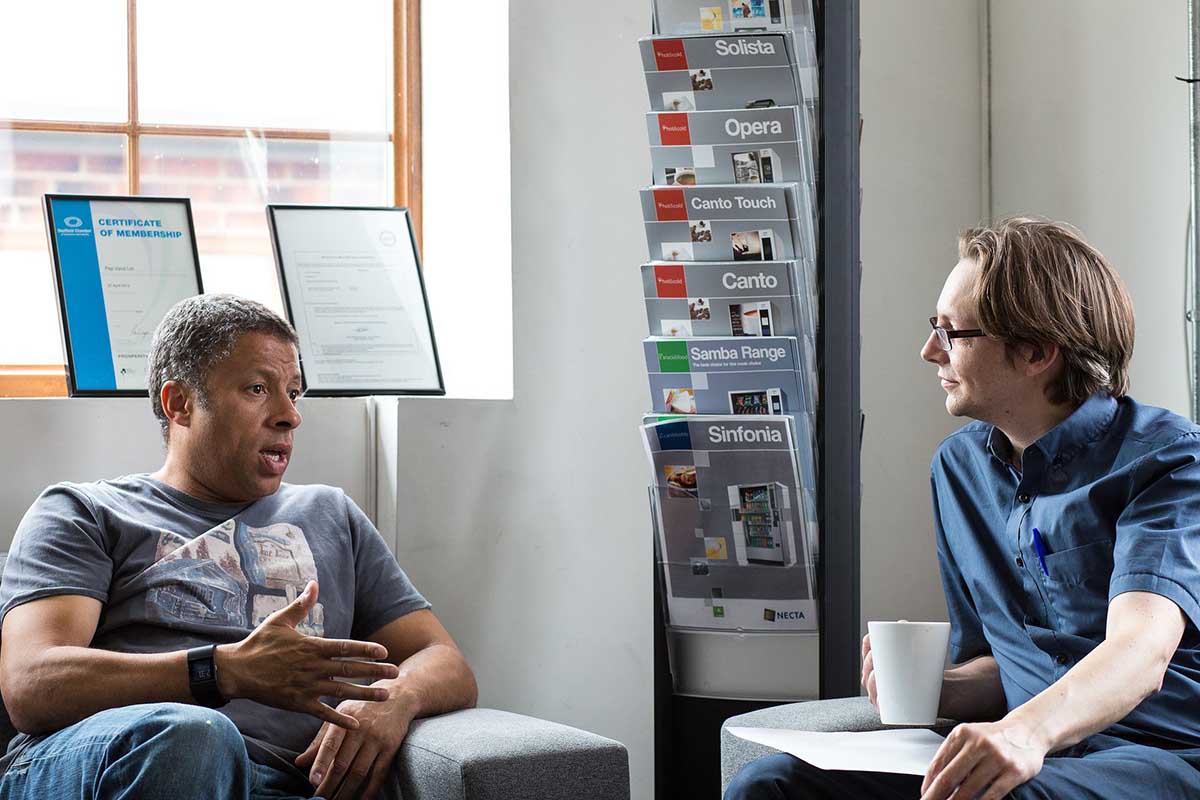Things To Do To Get Yourself Ready For Retirement
There are many financial and emotional considerations when planning for retirement. You can live a long, fulfilling life after you stop working if you plan your retirement carefully.
Choose the date you want to retire
As a result of health issues or other factors out of our control, not everyone has the option of choosing their retirement age. However, if you have some time before retiring, it makes sense to think about when you’d like to do so, especially if you’re determined to do so as soon as feasible.
With helpful pension calculators, you can figure out how much you need to save each month from reaching your retirement goal. The only information you’ll need to enter is how much your current pension pot is worth (or how much you save each month) when you hope to retire and how much annual income you’d like to have in your retirement years.
Set up your money situation
Organize your finances to determine how much money you’ll need to survive. It will be simpler to adjust if you gradually cut back on your expenditures in the years leading up to retirement. Find any new pensions, apply for your state pension, and see what other benefits you are eligible for.
Gently wind down
Retiring gradually will help the adjustment go more smoothly. You’ll be able to grow used to the concept of not working and fill your time with other activities if you gradually reduce your workload over several years. Inquire with your employer about reducing your work hours.
Update your budget
You may want to create a budget to aid with adjustment to prepare you for the next phase of your life. You may need to keep a closer check on your finances because it’s extremely probable that your retirement income will be lower than what you’re used to.
Prioritize your expenses while creating your budget, paying for necessities like rent, utilities, and other charges before determining your weekly allocation for coffee and cake. Additionally, adopting a mobile banking app will make it much simpler to keep a close eye on your money coming in and going out if you don’t already have one.
Keep investing
Even while you can continue to invest well into retirement, it makes sense to review your portfolio in light of your updated needs. Your investments may be your primary source of income, so you should probably switch from high-risk items to those that are more likely to give steady, measured returns.
The economy isn’t great at the moment, and many people are getting worried, so they need to invest in something trustworthy, as inflation is making a problem for the average investor.
Since there is no standard approach, seeking guidance before making any modifications is usually preferable. You can look at things like stocks, investing IRAs into precious metals/gold or silver, and looking at https://goldofu.com
Hiring a financial advisor is a terrific method to make wise financial decisions before you reach your golden years, whether or not you want to retire early. You can obtain advice from advisors on investing, choosing the best retirement plan, and making a sound budget. A retirement planner can help you to arrange your assets and income sources into a monthly payment throughout retirement if you’d want even more guidance.
Consult a financial advisor
Hiring a financial advisor is a terrific method to make wise financial decisions before you reach your golden years, whether or not you want to retire early.
You can obtain advice from advisors on investing, choosing the best retirement plan, and making a sound budget. A retirement planner can help you to arrange your assets and income sources into a monthly payment throughout retirement if you’d want even more guidance.
Look over your estate plan
You should review your estate plan, which outlines how your assets and liabilities will be distributed in the event of your incapacitation or death, and make sure your finances are in order before retiring.
This plan consists of three legal documents: a will, a trust, and a living will. A living will, sometimes called an advanced healthcare directive, specifies your medical priorities and the power of attorney you have designated. In contrast to a standard will, a trust uses a third party to hold assets or benefits for beneficiaries, hastening the distribution of your estate.
A will specifies your intentions for distributing your personal property following your passing. As long as you’re of sound mind, you can alter your estate plan as often as you’d like. Create an estate plan right away if you haven’t already.
Get yourself ready for retirement: analyze your life insurance policies
As part of their benefits package, many employers provide life insurance. However, you can lose this coverage if you retire. An excellent approach for your beneficiaries to be able to cover significant bills like a mortgage or burial fees after your passing is to have life insurance in retirement.
Even while it doesn’t have to be one of your first actions when getting ready for retirement, checking, renewing, or replacing a life insurance policy will make the years that follow more carefree and calm. Review your life insurance policy carefully to ensure that any outstanding costs will be paid in the years after your retirement.
Make a health assessment before retiring
Make use of your employee health coverage before quitting your current work. Verify that your yearly exams, medicines, hearing aids, dental care, and vision care are up to date.
When you retire, schedule yearly medical appointments (as covered by your retirement health insurance plan). Ask your doctor for advice on how to stay healthy, fit, and eat well after retirement because maintaining your physical health is essential to a high quality of life and can reduce healthcare costs.
Think about your housing needs
Make sure to account for housing while planning for retirement. A few things to consider while deciding if your existing home will work for you as you age. Do you have a paid-off mortgage? As you get older, will it be simple for you to move around your house?
Would you like to move to a new city? Would you choose to live nearer to your loved ones and friends? In the future, will you require assisted living? It’s important to remember that lenders are more inclined to offer loans to borrowers who have income, so if you’re considering downsizing to a condo or moving to a place that welcomes retirees, it might be worthwhile to make the shift before you leave your job.




















